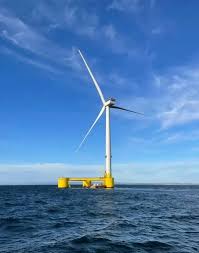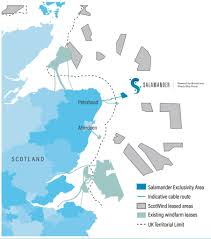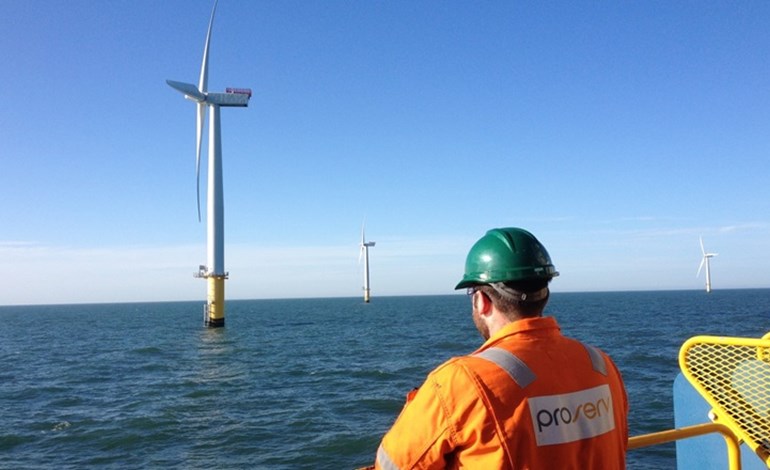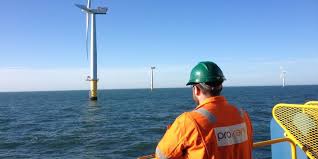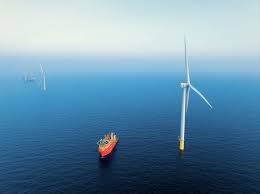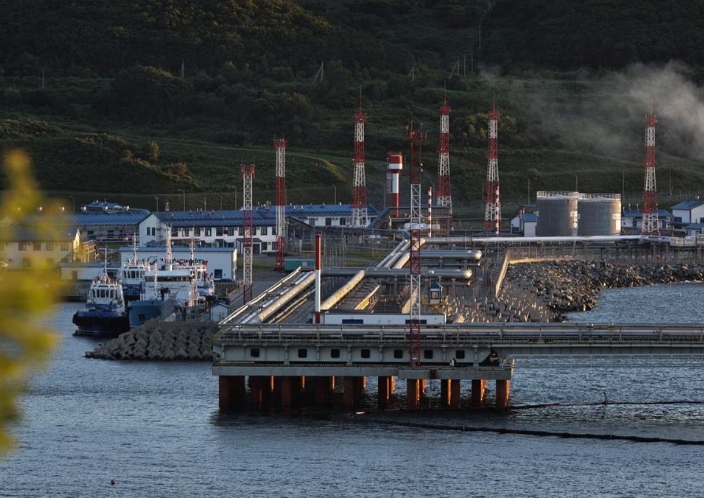
Brent crude futures rose $2.22, or 2.6%, to settle at $86.85 a barrel, while U.S. West Texas Intermediate crude futures gained $2.23, or 2.8%, to close at $82.67 a barrel.
U.S. policymakers struggled at a two-day policy meeting this week to determine whether financial conditions may be tight enough already to control inflation, or whether an economy that continues to outperform expectations may need still more restraint. Ultimately, the Fed on Wednesday kept its benchmark interest rate unchanged at 5.25%-5.50%.
Oil investors have been closely following the Fed's policy decisions, concerned that aggressive interest rate hikes could slow down the economy and dent energy demand.
"If the Fed calls off the dogs, the bottom for oil should be very close to being in," said Phil Flynn, analyst at Price Futures Group.
The Bank of England held interest rates at 15-year highs of 5.25% at its latest meeting on Thursday, the second straight month of steady rates after 14 back-to-back hikes.
It also stressed that it is not expecting to make rate cuts any time soon.
"Still, it looks clear at this point that the BoE is, like many of its peers, done with the tightening cycle and it's now a case of how long it remains at the peak," said Craig Erlam, analyst at OANDA.
On the supply front, top oil exporter Saudi Arabia is expected to reconfirm an extension of its voluntary oil-output cut of 1 million barrels per day through December, analysts told Reuters on Thursday.
Investors will also be watching for developments in the Middle East, which have kept oil markets on edge as a wider conflict could disrupt supplies around the region.
Fighting raged on around Gaza City on Thursday as advancing Israeli tanks and troops encountered fierce resistance from Hamas militants.

